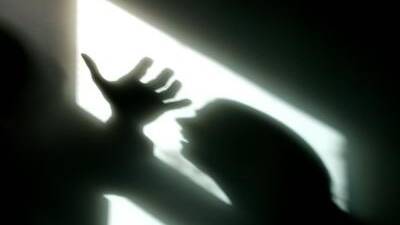
Children who are being sexually abused remain reluctant to report it, a study for the Royal Commission into Institutional Responses to Child Sexual Abuse has found.
Subscribe now for unlimited access.
$0/
(min cost $0)
or signup to continue reading
The commission funded a research project of more than 1400 children and young people, including those with a disability, across Australia.
Chief executive of the royal commission Philip Reed said the research allowed the inquiry to hear directly from children and young people about how they perceive safety, the safety issues they confront in institutional contexts and how these could be best addressed.
The study was instigated by three years of harrowing and abhorrent evidence of child sex crimes.
Much of the evidence gathered over the years was submitted by the more 5000 survivors who put their broken hearts on the line to give evidence to the inquiry.
Mr Reed said it was now critical young people are given a voice in how they would safer in institutions like schools, churches and sporting clubs.
The study found one in 10 young people surveyed said they would not tell anyone if they were sexually abused.
This statistic to soared to one in five if the child’s perpetrator was a peer.
The study found boys were significantly less likely to disclose than girls.
Many said feared telling an adult would only worsen the situation.
Two thirds said they would rather confide in a friend, 55 per cent said the would confide in their mother and 35 per cent would talk to their father
One in four would seek help from a teacher and one in three thought their school should be doing more to keep them safe. Among the key findings was that institutions working with children need to find ways to identify those who don’t feel safe and develop strategies to increase their confidence in adults.
It also found there was a need to reconsider the nature and scope of education and information provided to children about abuse and dealing with unsafe adults and peers. The study found it must be informed by the needs of young people of different ages and genders.


